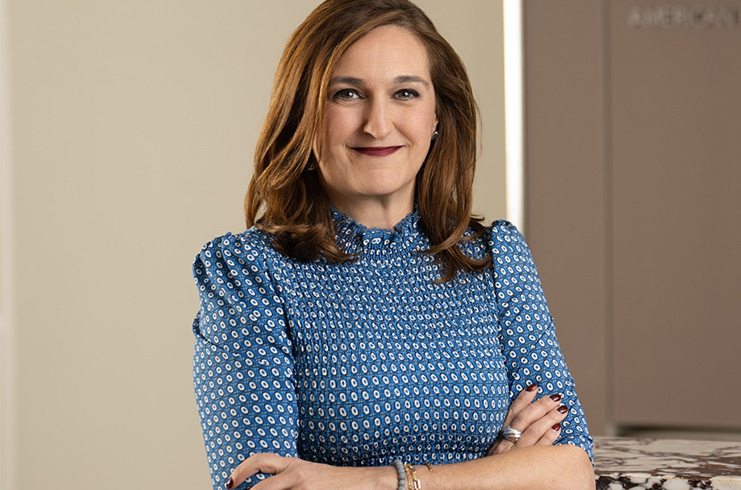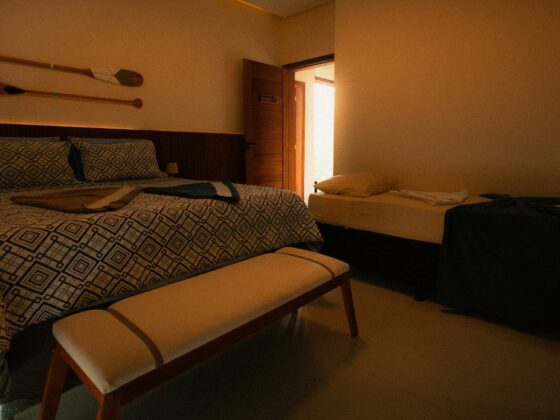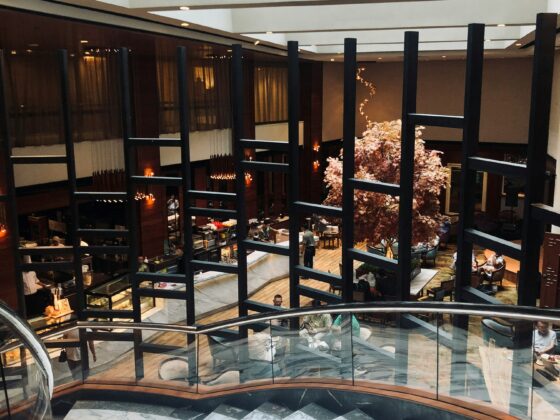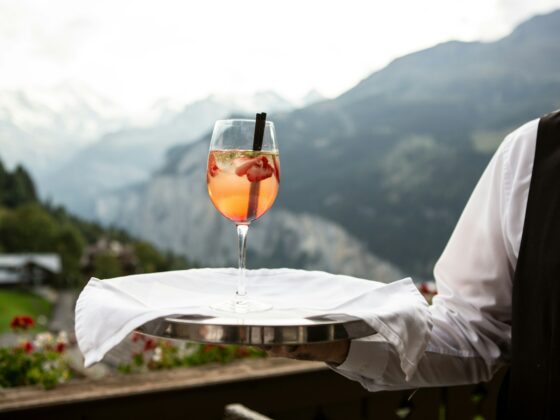Legacy hotel brands move like tankers, while culture moves like a speedboat.
Legacy hospitality brands move like tankers, powerful, iconic, and painfully slow to turn.
Every new idea demands a meeting, a deck, an approval.
By the time the email chain ends, the cultural tide has already shifted.
Meanwhile, the brands defining culture today move like speedboats.
They sense momentum, pivot in real time, and ride the wave before others even see it forming.
That’s ‘Brand Flex’, the art of acting fast without losing integrity.
In 2026, that agility has become the ultimate luxury.
—
Why Tankers Sink:
Big brands aren’t slow because they’re lazy, they’re layered.
Years of success build systems and safeguards designed to protect what they’ve earned. But in protecting legacy, they often end up restricting life.
The challenge isn’t courage, it’s calibration. How to stay trusted, yet still move fast enough to matter.
Behavioural economists call this loss aversion at scale.
The bigger the ship, the harder it is to turn, and the easier it is to sink.
But hesitation costs more than mistakes.
A global fashion house can drop a designer collab in six weeks.
A hotel brand might take six months to approve a merch collab with an external designer.
By then, the story, and the spotlight, are gone.
Speed isn’t reckless. It’s relevance.
And agility doesn’t mean chaos, it means clarity under pressure.
—
The Brand Flex Loop
1. Observe — Watch where culture starts, not where it’s reported. Listen to the comments, not the press release.
2. Orient — Ask: Does this deepen our story or dilute it?
3. Decide — Replace consensus with conviction. One accountable owner per market.
4. Act — Execute before the moment passes. You can refine later, but you can’t rewind momentum.
The payoff? Optionality.
Every quick action creates data, feedback, and creative fuel for the next decision.
—
Designing for Improvisation:
Great hospitality thrives on rhythm, not rigidity.
– Aman tests rituals locally before HQ approval.
– Soho House & Co experiments with content and experience live, not in memos.
– LVMH built sprint teams to catch cultural waves in real time.
Even at guest level, agility matters.
– A bartender who swaps a garnish to match a guest’s accent.
– A GM who turns a rainstorm into an impromptu tea ritual.
These micro-moments are brand theatre, spontaneous, human, unforgettable.
As Ian Schrager said, “Luxury is about feeling alive.”
A living brand doesn’t just respond to culture, it creates it.
—
Closing Thoughts:
In hospitality, agility isn’t the opposite of excellence.
It’s the evolution of it.
Legacy brands will always have scale.
But the future belongs to those with speed, empathy, and rhythm.
Culture doesn’t wait for your quarterly review.
It rewards whoever dares to move
Now.
#LuxuryHospitality #BrandStrategy #CulturalIntelligence #Leadership #ExperienceDesign #HospitalityInnovation #CreativeStrategy #GuestExperience #EmotionalIntelligence







